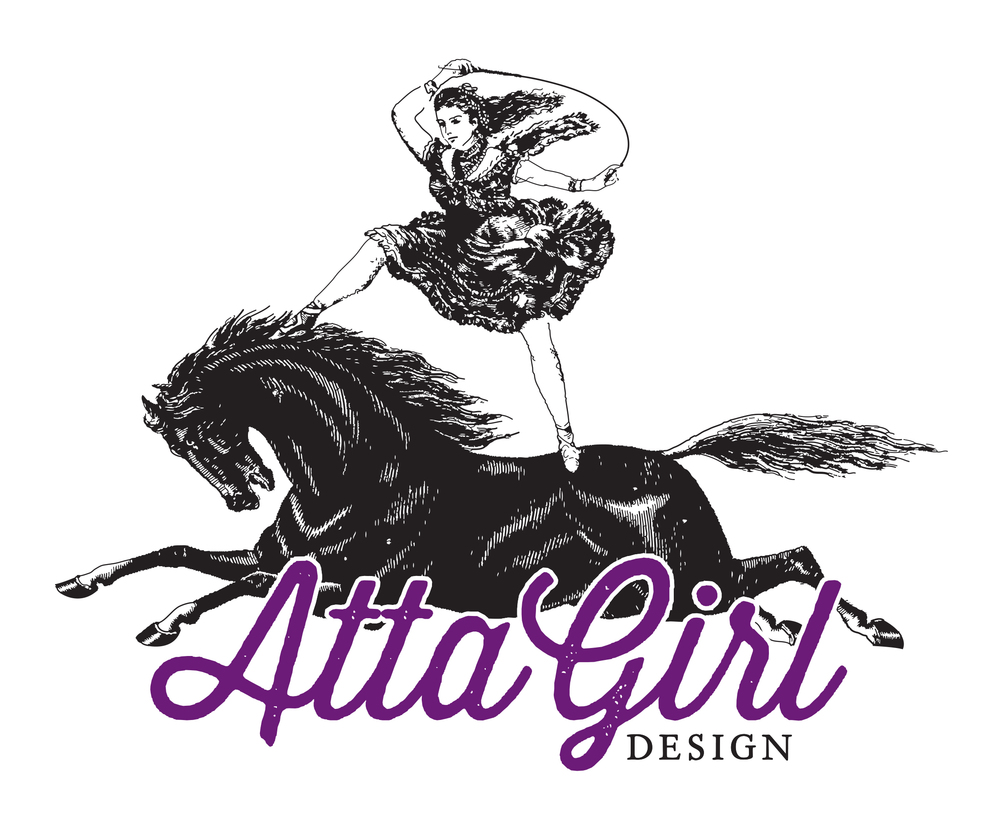DESIGN DEVELOPMENT
This week we learn from four new agencies who answer the question:
How do you respond to critical feedback and how is it delivered back to your team?
FELD
Feld believes that feedback is great, and critical feedback is essential to the success of any project. Personally, however, it can hurt. They see feedback as an opportunity to evaluate: 1. what didn’t we achieve in the brief? 2. was there a miscommunication? 3. did we take a wrong turn. Receiving critical feedback is seen as a benefit and a chance to challenge ideas so that the work can improve. Their advice is to take it seriously as you will experience this type of feedback for not only your entire career, but throughout the whole of your life both professionally and personally. Look at it as an opportunity to reflect and improve.
ACCEPT & PROCEED
Accept & Proceed collaborates extensively with their clients through the entirety of projects so feedback is seen as a part of the collaboration process. Their “Think as One” mantra enables them to have many smaller milestone check-ins with the client that they see more as a partnership on the project rather than solely in service.
STUDIO DUMBAR
Studio Dumbar looks at feedback in two ways: client vs. public. Their work largely ends up in the public eye given those clients with whom they partner: Dutch Railways, Dutch Police, etc. They prefer constant check-ins with the client throughout the project and for feedback to be direct and honest. This provides each project the best chance of success. “Feelings are facts” is a believe that Studio Dunbar holds in that regardless of the feeling or response a client may be having in terms of how they design has influenced them, the feelings are worthy of exploration. Disregarding or rationalizing away those feelings tends to diminish client-studio relationships and create blind spots within a project.
EDENSPIEKERMANN
EdenSpiekermann’s prefers to keep everyone involved: studio and clients along the way. This builds trust with clients. They value user feedback above all as it informs the viability of any project. Garnering this feedback early and often helps ES to iterate and deliver projects on brief. They see feedback as vital to keeping projects on track as well as an opportunity to improve. It’s important to seek it out at all phases of a project and to do so often. This regularity and frequency will help to mitigate taking critical feedback personally.
REFERENCE
Falmouth University (2018). Design Development | Interviews. Application and Interactions GDE740 19/20 Part-Time Study Block S1 (Falmouth, UK: Falmouth University)

